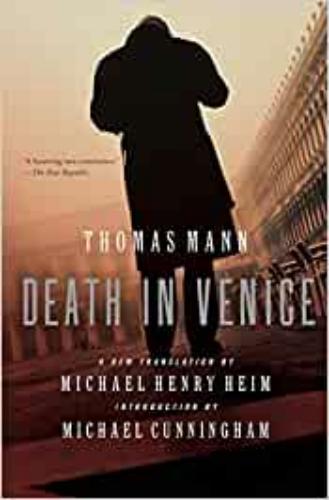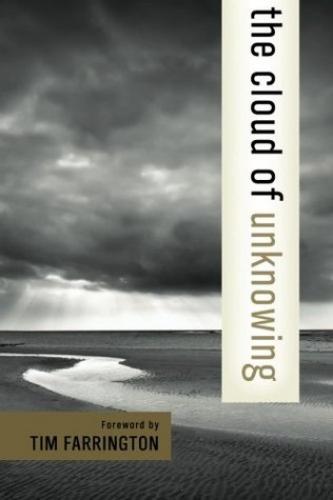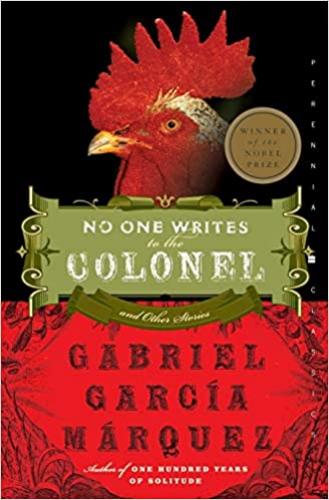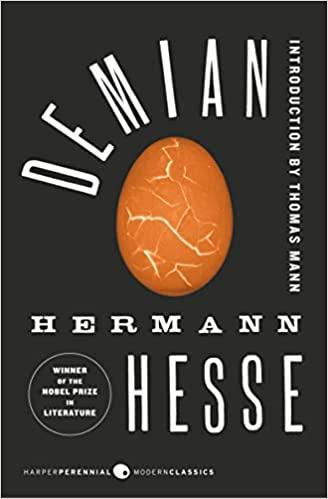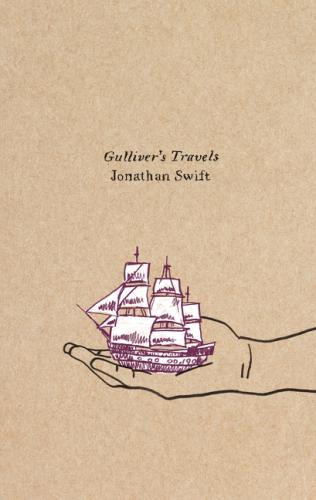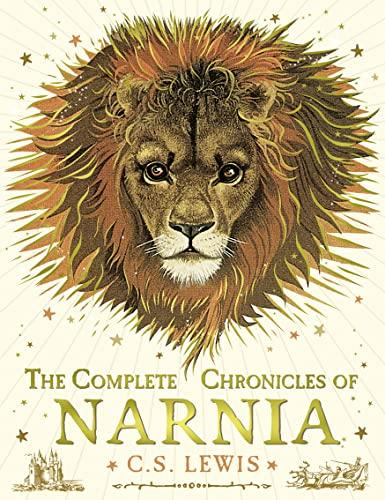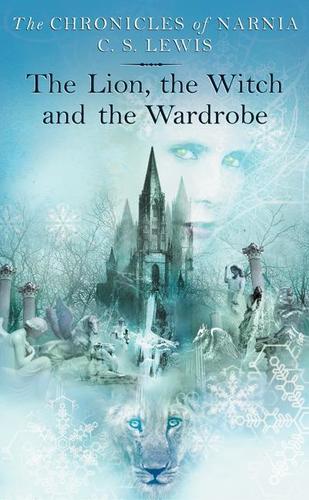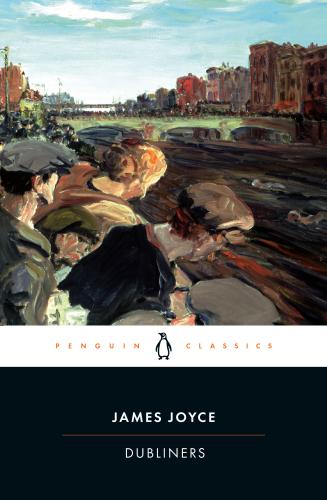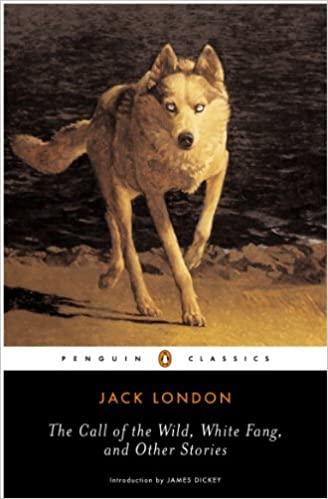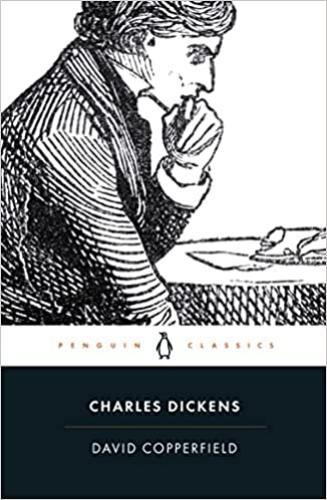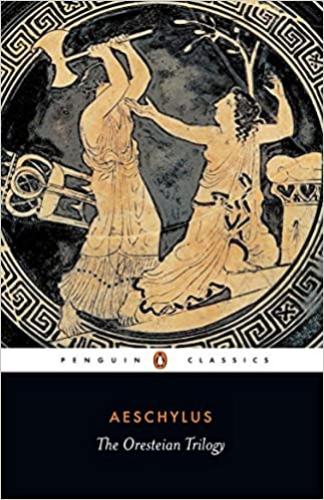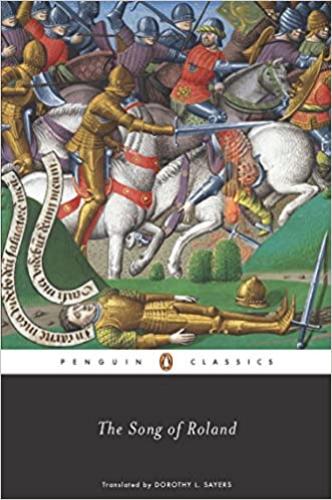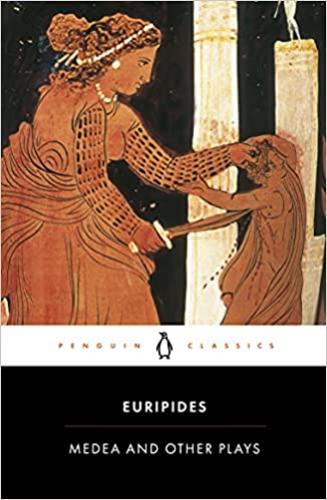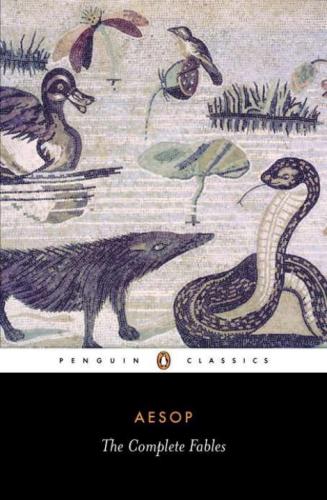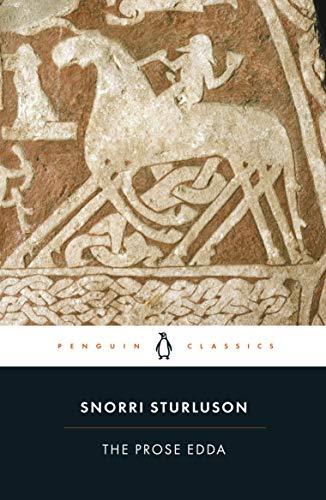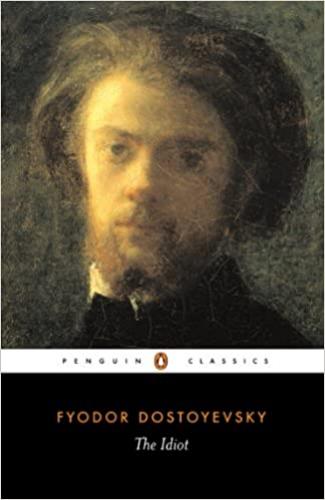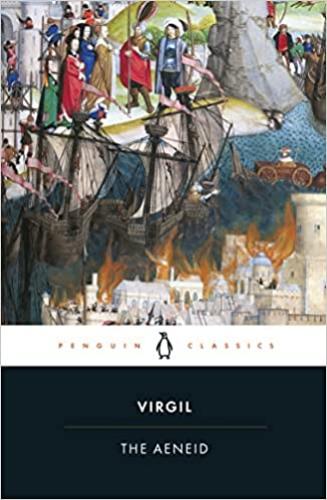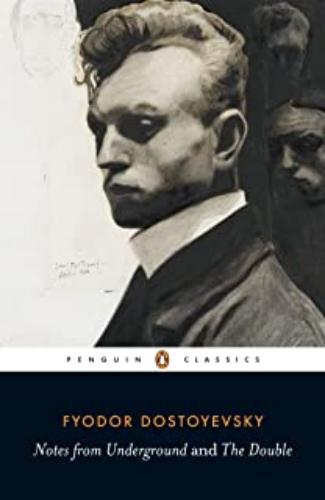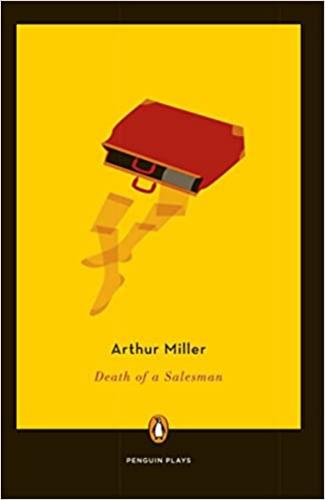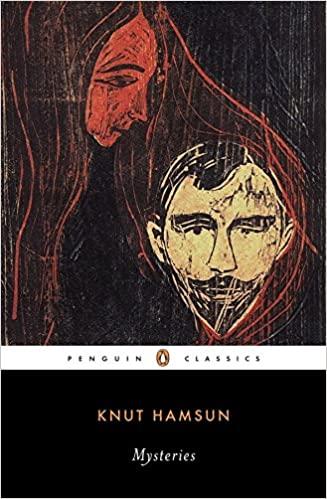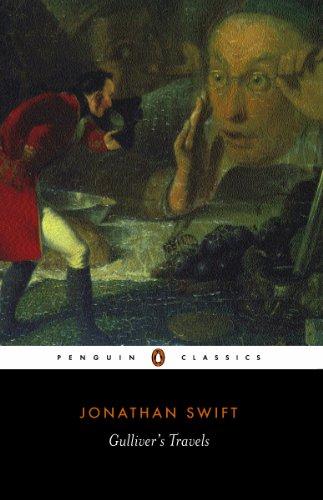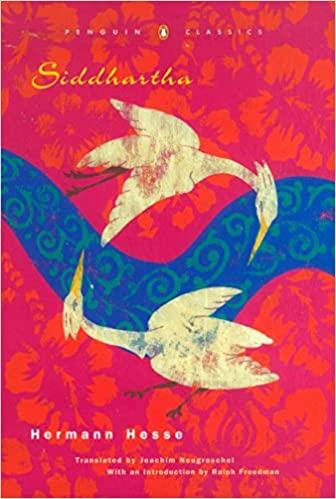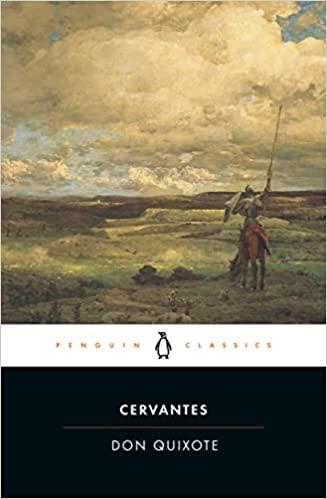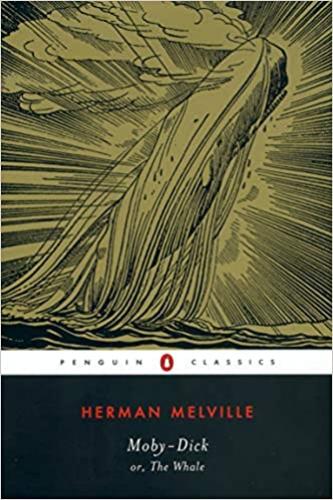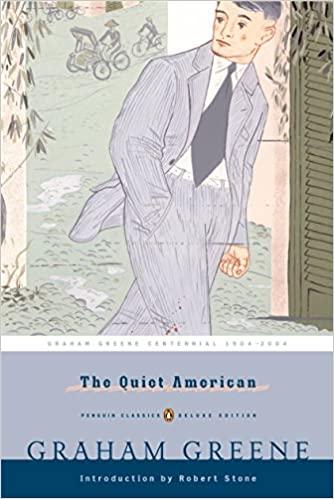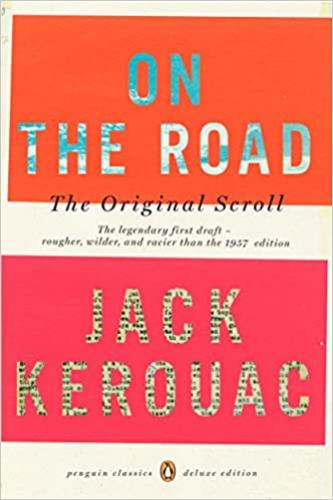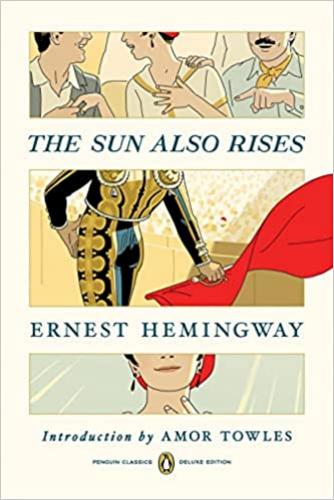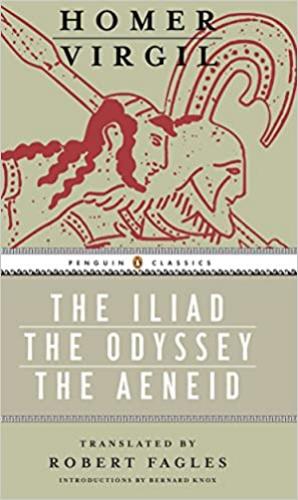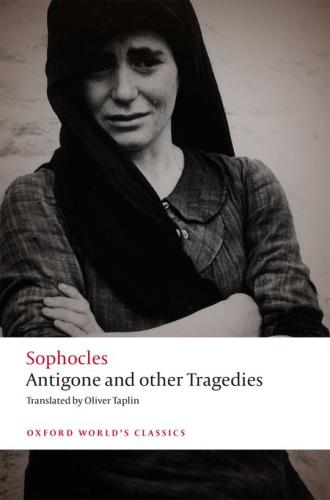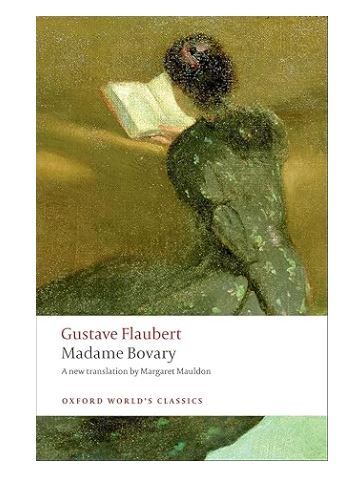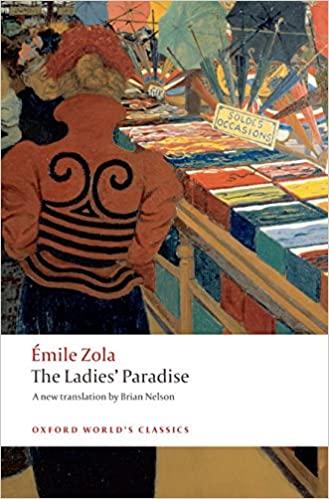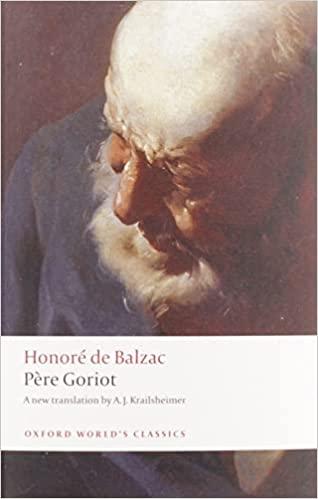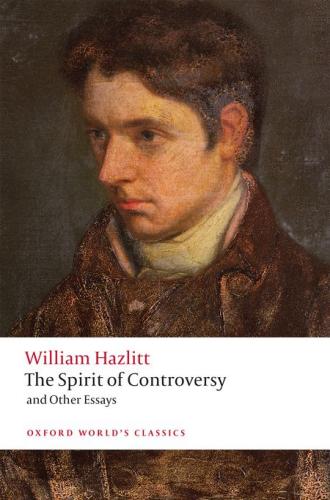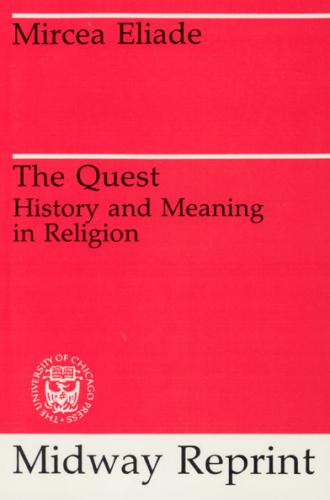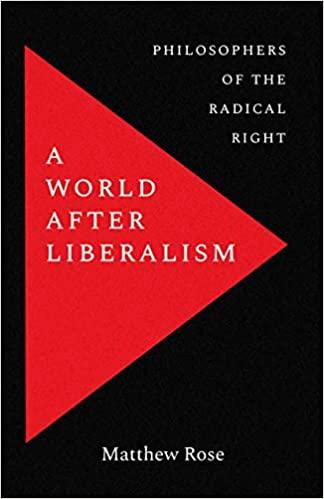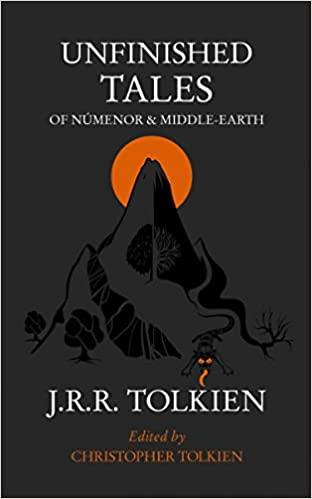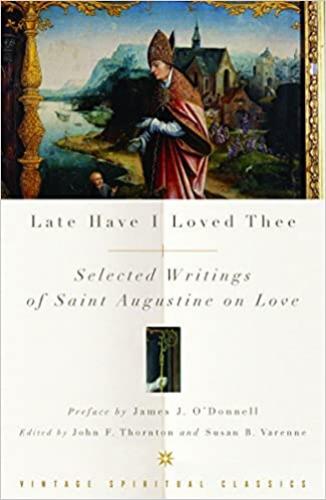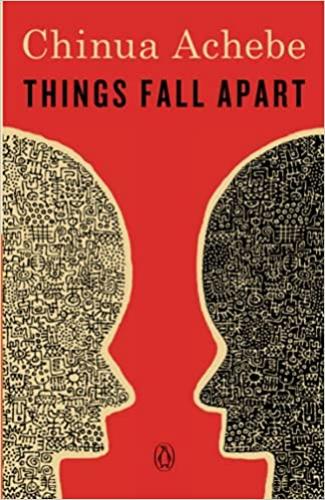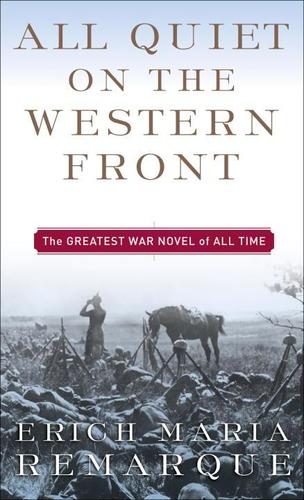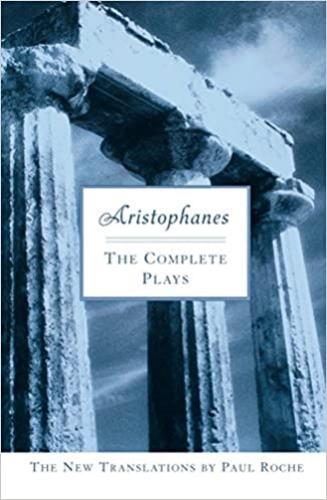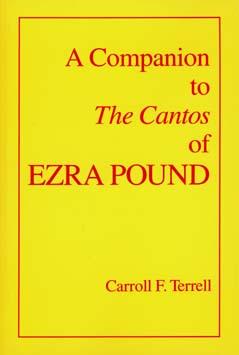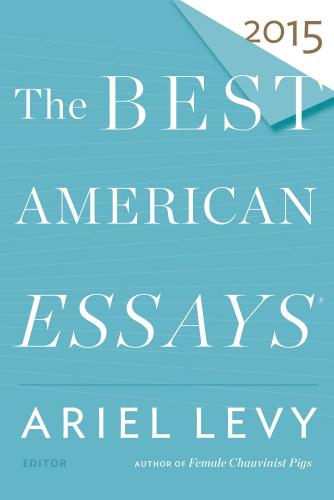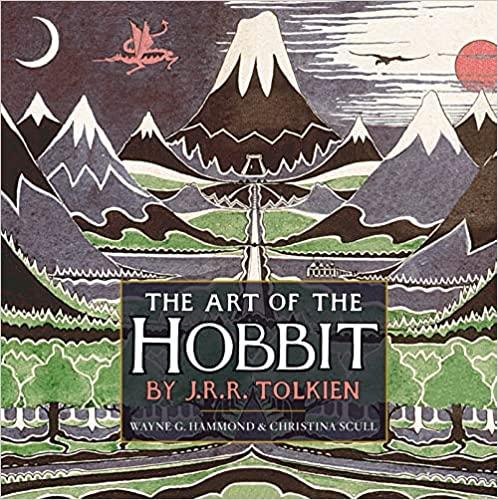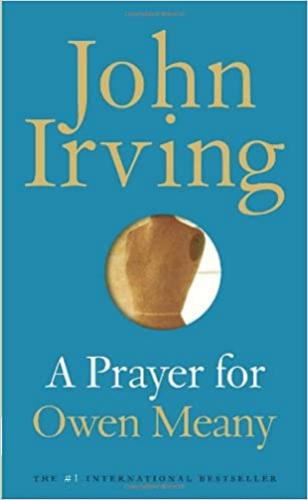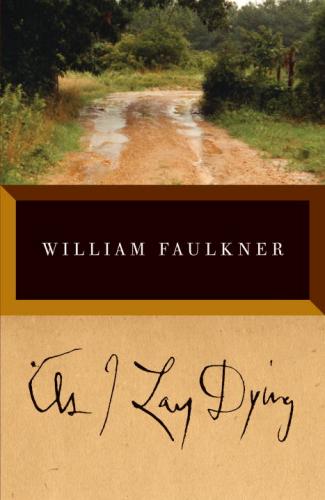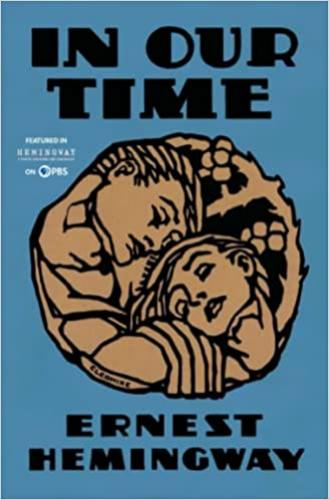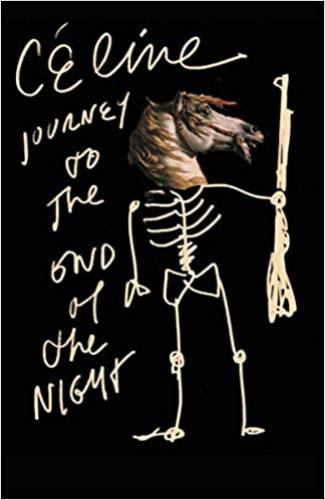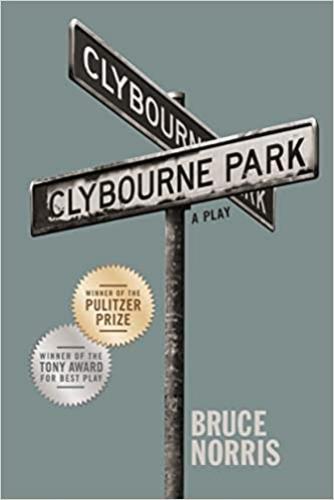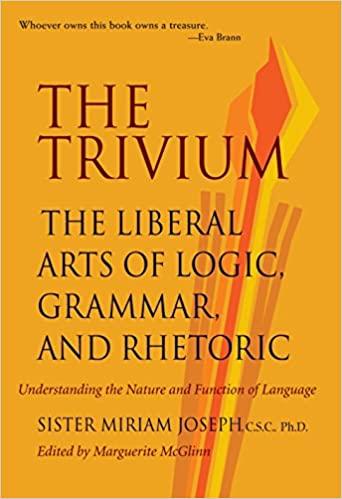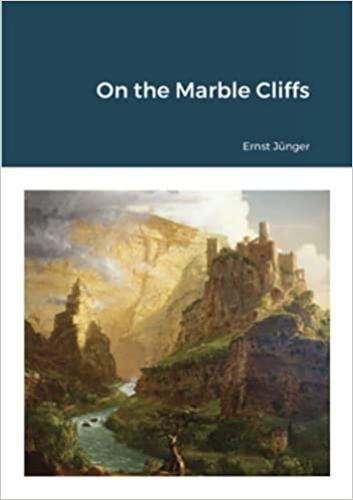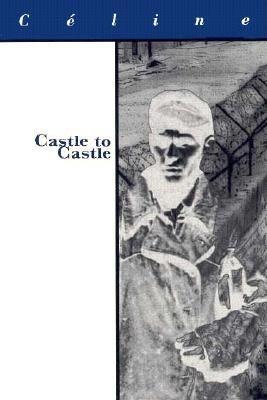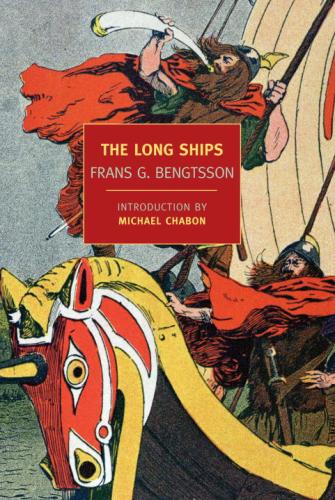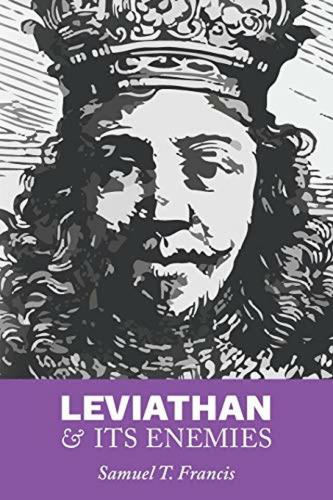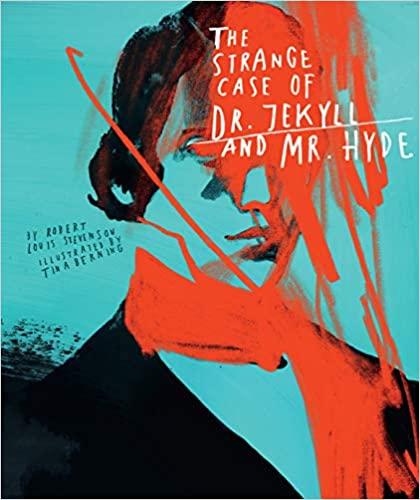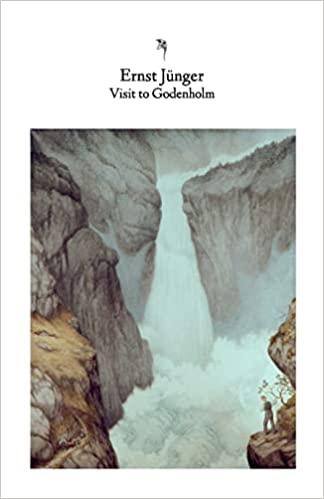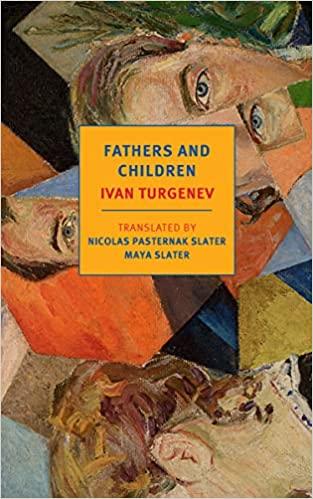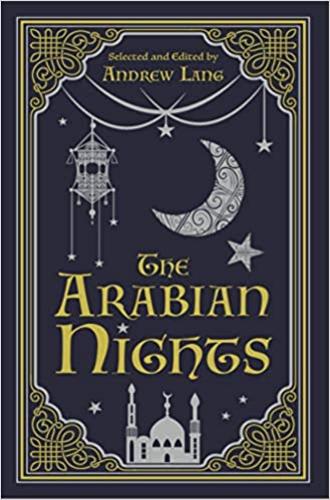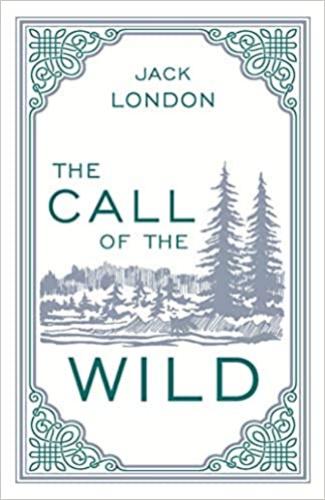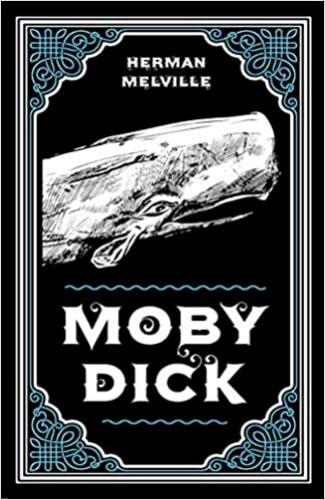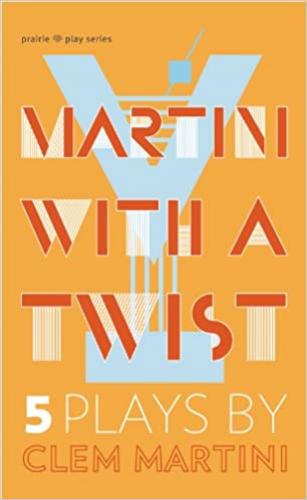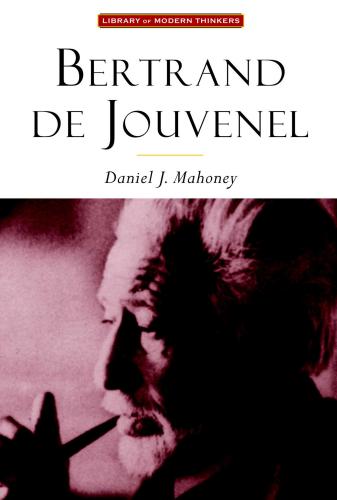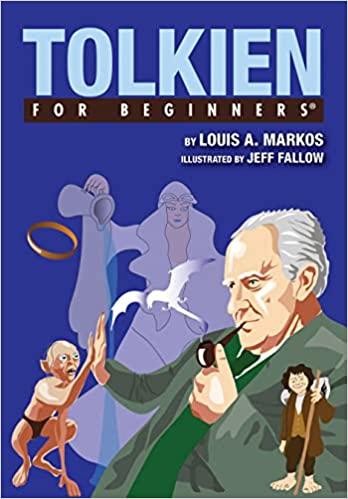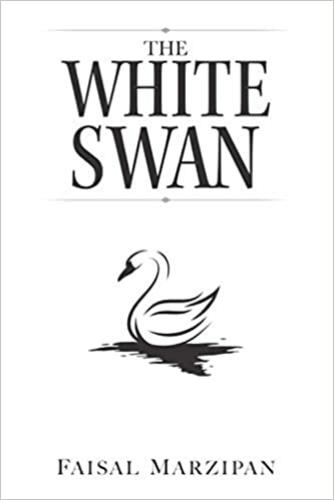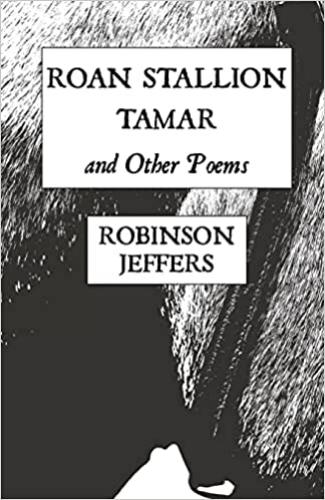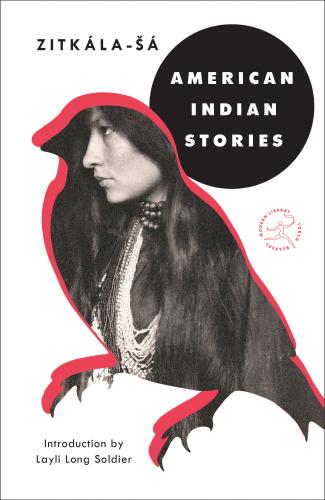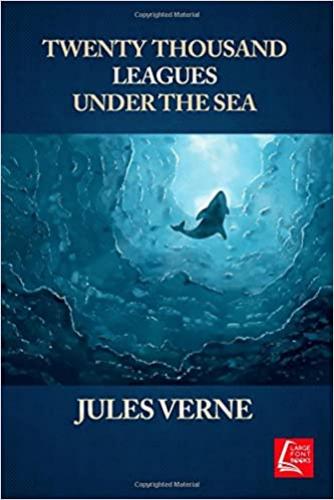The world-famous masterpiece by Nobel laureate Thomas Mann - here in a new translation by Michael Henry Heim
Published on the eve of World War I, a decade after Buddenbrooks had established Thomas Mann as a literary celebrity, Death in Venice tells the story of Gustav von Aschenbach, a successful but aging writer who follows his wanderlust to Venice in search of spiritual fulfillment that instead leads to his erotic doom.
In the decaying city, besieged by an unnamed epidemic, he becomes obsessed with an exquisite Polish boy, Tadzio. "It is a story of the voluptuousness of doom," Mann wrote. "But the problem I had especially in mind was that of the artist's dignity."
160 pages
Written by an anonymous English monk during the late fourteenth century, The Cloud of Unknowing is a sublime expression of what separates God from humanity and is widely regarded as a hallmark of Western literature and spirituality. A work of simplicity, courage and lucidity, it is a contemplative classic on the deep mysteries of faith.
Written with compassionate realism and wit, the stories in this mesmerizing collection depict the disparities of town and village life in South America, of the frightfully poor and outrageously rich, of memories and illusions, and of lost opportunities and present joys.
170 pages
By “the finest satirist in the English language” (New York Times), Jonathan Swift’s satirical masterpiece, Gulliver’s Travels, is the extraordinary tale of Lemuel Gulliver’s encounters with the inhabitants of four strange and surreal lands—now available in a limited Olive Edition from HarperPerennial.
Olive Editions are exclusive small format editions of some of our bestselling and celebrated titles, featuring beautiful and unique hand-drawn cover illustrations. All Olive Editions are available for a limited time only.
336 pages
Four adventurous siblings—Peter, Susan, Edmund, and Lucy Pevensie—step through a wardrobe door and into the land of Narnia, a land frozen in eternal winter and enslaved by the power of the White Witch. But when almost all hope is lost, the return of the Great Lion, Aslan, signals a great change . . . and a great sacrifice.
Open the door and enter a new world! The Lion, the Witch and the Wardrobe is the second book in C. S. Lewis's classic fantasy series, which has been captivating readers of all ages with a magical land and unforgettable characters.
A mass-market paperback edition of The Lion, the Witch and the Wardrobe, book two in the classic fantasy series, The Chronicles of Narnia. This edition features cover art by Cliff Nielsen and interior black-and-white illustrations by the series' original illustrator, Pauline Baynes.
Four adventurous siblings—Peter, Susan, Edmund, and Lucy Pevensie—step through a wardrobe door and into the land of Narnia, a land frozen in eternal winter and enslaved by the power of the White Witch. But when almost all hope is lost, the return of the Great Lion, Aslan, signals a great change . . . and a great sacrifice.
The Lion, the Witch and the Wardrobe is the second book in C. S. Lewis's classic fantasy series, which has been drawing readers of all ages into a magical land with unforgettable characters for over sixty years. This is a stand-alone read, but if you would like to explore more of the Narnian realm, pick up The Horse and His Boy, the third book in The Chronicles of Narnia.
224 pages
James Joyce’s Dubliners is a vivid and unflinching portrait of “dear dirty Dublin” at the turn of the twentieth century. These fifteen stories, including such unforgettable ones as “Araby,” “Grace,” and “The Dead,” delve into the heart of the city of Joyce’s birth, capturing the cadences of Dubliners’ speech and portraying with an almost brute realism their outer and inner lives. Dubliners is Joyce at his most accessible and most profound, and this edition is the definitive text, authorized by the Joyce estate and collated from all known proofs, manuscripts, and impressions to reflect the author’s original wishes.
For more than seventy years, Penguin has been the leading publisher of classic literature in the English-speaking world. With more than 1,700 titles, Penguin Classics represents a global bookshelf of the best works throughout history and across genres and disciplines. Readers trust the series to provide authoritative texts enhanced by introductions and notes by distinguished scholars and contemporary authors, as well as up-to-date translations by award-winning translators.
A bold mix of realism, allegory, adventure, and progressive politics, this collection features Jack London’s most profound and moving literary works
The Call of the Wild, London’s elemental masterpiece about a dog learning to survive in the wilderness, sees pampered pet Buck snatched from his home and set to work as a sled-dog during the Klondike Gold Rush. White Fang, set in the frozen tundra and boreal forests of Canada’s Yukon territory, is the story of a wolf-dog hybrid struggling to survive in a human society every bit as brutal as the natural world. This volume of London’s famed Northland novels also includes an early feminist story “The Night-Born,” and a pro-labor story “South of the Slot.” These works echo and enrich the themes of The Call of the Wild and White Fang with their unique emphases on the primordial, the instinctual, and the quest for social justice. London’s narratives in this volume focus on issues of continuing relevance to contemporary readers, including the value of the wilderness, animal rights, socioeconomic oppression, and gender inequity. This edition also includes an introduction by preeminent London scholar, Earle Labor, as well as a comprehensive biographical note on London's life and works by scholar and executive coordinator of the Jack London Society, Kenneth K. Brandt.
For more than seventy years, Penguin has been the leading publisher of classic literature in the English-speaking world. With more than 1,700 titles, Penguin Classics represents a global bookshelf of the best works throughout history and across genres and disciplines. Readers trust the series to provide authoritative texts enhanced by introductions and notes by distinguished scholars and contemporary authors, as well as up-to-date translations by award-winning translators.
368 pages
'The most perfect of all the Dickens novels' Virginia Woolf
David Copperfield is the story of a young man's adventures on his journey from an unhappy and impoverished childhood to the discovery of his vocation as a successful novelist. Among the gloriously vivid cast of characters he encounters are his tyrannical stepfather, Mr Murdstone; his brilliant, but ultimately unworthy school-friend James Steerforth; his formidable aunt, Betsey Trotwood; the eternally humble, yet treacherous Uriah Heep; frivolous, enchanting Dora Spenlow; and the magnificently impecunious Wilkins Micawber, one of literature's great comic creations. In David Copperfield - the novel he described as his 'favourite child' - Dickens drew revealingly on his own experiences to create one of the most exuberant and enduringly popular works, filled with tragedy and comedy in equal measure. This edition uses the text of the first volume publication of 1850, and includes updated suggestions for further reading, original illustrations by 'Phiz', a revised chronology and expanded notes. In his new introduction, Jeremy Tambling discusses the novel's autobiographical elements, and its central themes of memory and identity.
For more than seventy years, Penguin has been the leading publisher of classic literature in the English-speaking world. With more than 1,700 titles, Penguin Classics represents a global bookshelf of the best works throughout history and across genres and disciplines. Readers trust the series to provide authoritative texts enhanced by introductions and notes by distinguished scholars and contemporary authors, as well as up-to-date translations by award-winning translators.
1024 pages
The only surviving trilogy from ancient times - a story of murder, madness and justice
Aeschylus (525-c.456 bc) set his great trilogy in the immediate aftermath of the Fall of Troy, when King Agamemnon returns to Argos, a victor in war. Agamemnon depicts the hero's discovery that his family has been destroyed by his wife's infidelity and ends with his death at her callous hand. Clytemnestra's crime is repaid in The Choephori when her outraged son Orestes kills both her and her lover. The Eumenides then follows Orestes as he is hounded to Athens by the Furies' law of vengeance and depicts Athene replacing the bloody cycle of revenge with a system of civil justice. Written in the years after the Battle of Marathon, The Oresteian Trilogy affirmed the deliverance of democratic Athens not only from Persian conquest, but also from its own barbaric past.
For more than seventy years, Penguin has been the leading publisher of classic literature in the English-speaking world. With more than 1,700 titles, Penguin Classics represents a global bookshelf of the best works throughout history and across genres and disciplines. Readers trust the series to provide authoritative texts enhanced by introductions and notes by distinguished scholars and contemporary authors, as well as up-to-date translations by award-winning translators.
208 pages
On 15 August 778, Charlemagne’s army was returning from a successful expedition against Saracen Spain when its rearguard was ambushed in a remote Pyrenean pass. Out of this skirmish arose a stirring tale of war, which was recorded in the oldest extant epic poem in French. The Song of Roland, written by an unknown poet, tells of Charlemagne’s warrior nephew, Lord of the Breton Marches, who valiantly leads his men into battle against the Saracens, but dies in the massacre, defiant to the end. In majestic verses, the battle becomes a symbolic struggle between Christianity and paganism, while Roland’s last stand is the ultimate expression of honour and feudal values of twelfth-century France.
Four plays which exemplify his interest in flawed, characters who defy the expectations of Greek society
The four tragedies collected in this volume all focus on a central character, once powerful, brought down by betrayal, jealousy, guilt and hatred. The first playwright to depict suffering without reference to the gods, Euripides made his characters speak in human terms and face the consequences of their actions. In Medea, a woman rejected by her lover takes hideous revenge by murdering the children they both love, and Hecabe depicts the former queen of Troy, driven mad by the prospect of her daughter's sacrifice to Achilles. Electra portrays a young woman planning to avenge the brutal death of her father at the hands of her mother, while in Heracles the hero seeks vengeance against the evil king who has caused bloodshed in his family. Philip Vellacott's lucid translation is accompanied by an introduction, which discusses the literary background of Classical Athens and examines the distinction between instinctive and civilized behaviour.
For more than seventy years, Penguin has been the leading publisher of classic literature in the English-speaking world. With more than 1,700 titles, Penguin Classics represents a global bookshelf of the best works throughout history and across genres and disciplines. Readers trust the series to provide authoritative texts enhanced by introductions and notes by distinguished scholars and contemporary authors, as well as up-to-date translations by award-winning translators.
208 pages
'Many people are not in the least disturbed at the harm that befalls them, provided they can see their enemies’ downfall first’
In a series of pithy, amusing vignettes, Aesop created a vivid cast of characters to demonstrate different aspects of human nature. Here we see a wily fox outwitted by a quick-thinking cicada, a tortoise triumphing over a self-confident hare and a fable-teller named Aesop silencing those who mock him. Each jewel-like fable provides a warning about the consequences of wrong-doing, as well as offering a glimpse into the everyday lives of Ancient Greeks.
This definitive edition is the first translation into English of the entire corpus of 358 unbowdlerized fables. It is fully annotated, with an introduction that rescues the fables from a tradition of moralistic interpretation.
For more than seventy years, Penguin has been the leading publisher of classic literature in the English-speaking world. With more than 1,700 titles, Penguin Classics represents a global bookshelf of the best works throughout history and across genres and disciplines. Readers trust the series to provide authoritative texts enhanced by introductions and notes by distinguished scholars and contemporary authors, as well as up-to-date translations by award-winning translators.
The Prose Edda is the most renowned of all works of Scandinavian literature and our most extensive source for Norse mythology. Written in Iceland a century after the close of the Viking Age, it tells ancient stories of the Norse creation epic and recounts the battles that follow as gods, giants, dwarves and elves struggle for survival. It also preserves the oral memory of heroes, warrior kings and queens. In clear prose interspersed with powerful verse, the Edda provides unparalleled insight into the gods' tragic realization that the future holds one final cataclysmic battle, Ragnarok, when the world will be destroyed. These tales from the pagan era have proved to be among the most influential of all myths and legends, inspiring modern works as diverse as Wagner's Ring Cycle and Tolkien's The Lord of the Rings.
233 pages
The most autobiographical novel by the author of Crime and Punishment and The Brothers Karamazov—and the namesake of Elif Batuman’s debut novel, The Idiot
Returning to St Petersburg from a Swiss sanatorium, the gentle and naïve epileptic Prince Myshkin— known as the “idiot”—pays a visit to his distant relative General Yepanchin and proceeds to charm the General and his family. But his life is thrown into turmoil when he chances on a photograph of the beautiful Nastasya Filippovna. Utterly infatuated, he soon finds himself caught up in a love triangle and drawn into a web of blackmail, betrayal, and finally, murder. In Prince Myshkin, Dostoyevsky portrays the purity of “a truly beautiful soul” and explores the perils that innocence and goodness face in a corrupt world.
David McDuff's translation brilliantly captures the novel's idiosyncratic and dream-like language and the nervous, elliptic flow of the narrative. This edition also contains an introduction by William Mills Todd III, which is a fascinating examination of the pressures on Dostoyevsky as he wrote the story of his Christ-like hero.
768 pages
"I sing of arms and of the man"
After a century of civil strife in Rome and Italy, Virgil wrote The Aeneid to honour the emperor Augustus by praising Aeneas – Augustus’ legendary ancestor. As a patriotic epic imitating Homer, The Aeneid also provided Rome with a literature equal to the Greek. It tells of Aeneas, survivor of the sack of Troy, and of his seven year journey – to Carthage, falling tragically in love with Queen Dido; then to the underworld, in the company of the Sibyl of Cumae; and finally to Italy, where he founded Rome. It is a story of defeat and exile, of love and war, hailed by Tennyson as ‘the stateliest measure ever moulded by the lips of man’.
David West’s acclaimed prose translation is accompanied by his revised introduction and individual prefaces to the twelve books of The Aeneid.
For more than sixty-five years, Penguin has been the leading publisher of classic literature in the English-speaking world. With more than 1,500 titles, Penguin Classics represents a global bookshelf of the best works throughout history and across genres and disciplines. Readers trust the series to provide authoritative texts enhanced by introductions and notes by distinguished scholars and contemporary authors, as well as up-to-date translations by award-winning translators.
368 pages
‘It is best to do nothing! The best thing is conscious inertia! So long live the underground!’Alienated from society and paralysed by a sense of his own insignificance, the anonymous narrator of Dostoyevsky’s groundbreaking Notes from Underground tells the story of his tortured life. With bitter sarcasm, he describes his refusal to become a worker in the ‘ant-hill’ of society and his gradual withdrawal to an existence ‘underground’. The seemingly ordinary world of St Petersburg takes on a nightmarish quality in The Double when a government clerk encounters a man who exactly resembles him – his double perhaps, or possibly the darker side of his own personality. Like Notes from Underground, this is a masterly study of human consciousness.Jessie Coulson’s introduction discusses the stories’ critical reception and the themes they share with Dostoyevksy’s great novels.
The Pulitzer Prize-winning tragedy of a salesman’s deferred American dream
Ever since it was first performed in 1949, Death of a Salesman has been recognized as a milestone of the American theater. In the person of Willy Loman, the aging, failing salesman who makes his living riding on a smile and a shoeshine, Arthur Miller redefined the tragic hero as a man whose dreams are at once insupportably vast and dangerously insubstantial. He has given us a figure whose name has become a symbol for a kind of majestic grandiosity—and a play that compresses epic extremes of humor and anguish, promise and loss, between the four walls of an American living room.
"By common consent, this is one of the finest dramas in the whole range of the American theater." —Brooks Atkinson, The New York Times
"So simple, central, and terrible that the run of playwrights would neither care nor dare to attempt it." —Time
144 pages
The first complete English translation of the Nobel Prize-winner’s literary masterpiece
Mysteries is the story of Johan Nilsen Nagel, a mysterious stranger who suddenly turns up in a small Norwegian town one summer—and just as suddenly disappears. Nagel is a complete outsider, a sort of modern Christ treated in a spirit of near parody. He condemns the politics and thought of the age, brings comfort to the “insulted and injured,” and gains the love of two women suggestive of the biblical Mary and Martha. But there is a sinister side of him: in his vest he carries a vial of prussic acid...
The novel creates a powerful sense of Nagel's stream of thought, as he increasingly withdraws into the torture chamber of his own subconscious psyche.
For more than seventy years, Penguin has been the leading publisher of classic literature in the English-speaking world. With more than 1,800 titles, Penguin Classics represents a global bookshelf of the best works throughout history and across genres and disciplines. Readers trust the series to provide authoritative texts enhanced by introductions and notes by distinguished scholars and contemporary authors, as well as up-to-date translations by award-winning translators.
352 pages
The classic tale of shipwreck and adventure in strange lands, Gulliver's Travels is also a wickedly clever satire on the nature of humankind
'A masterwork of irony ... that contains both a dark and bitter meaning and a joyous, extraordinary creativity of imagination' Malcolm Bradbury
Shipwrecked and cast adrift, Lemuel Gulliver wakes to find himself on Lilliput, an island inhabited by little people, whose height makes their quarrels over fashion and fame seem ridiculous. His subsequent encounters - with the crude giants of Brobdingnag, the philosophical Houyhnhnms and brutish Yahoos - give Gulliver new, bitter insights into human behaviour. Swift's savage satire views mankind in a distorted hall of mirrors as a diminished, magnified and finally bestial species, presenting us with an uncompromising reflection of ourselves.
This text, based on the first edition of 1726, reproduces all the original illustrations and includes an introduction by Robert Demaria, Jr, which discusses the ways Gulliver's Travels has been interpreted since its first publication.
327 pages
A bold translation of Nobel Prize-winner Herman Hesse's most inspirational and beloved work in a Penguin Classics deluxe edition
Hesse's famous and influential novel, Siddartha, is perhaps the most important and compelling moral allegory our troubled century has produced. Integrating Eastern and Western spiritual traditions with psychoanalysis and philosophy, this strangely simple tale, written with a deep and moving empathy for humanity, has touched the lives of millions since its original publication in 1922. Set in India, Siddhartha is the story of a young Brahmin's search for ultimate reality after meeting with the Buddha. His quest takes him from a life of decadence to asceticism, through the illusory joys of sensual love with a beautiful courtesan, and of wealth and fame, to the painful struggles with his son and the ultimate wisdom of renunciation. This new translation by award-winning translator Joachim Neugroschel includes an introduction by Hesse biographer Ralph Freedman.
For more than sixty-five years, Penguin has been the leading publisher of classic literature in the English-speaking world. With more than 1,500 titles, Penguin Classics represents a global bookshelf of the best works throughout history and across genres and disciplines. Readers trust the series to provide authoritative texts enhanced by introductions and notes by distinguished scholars and contemporary authors, as well as up-to-date translations by award-winning translators.
176 pages
Don Quixote has become so entranced reading tales of chivalry that he decides to turn knight errant himself. In the company of his faithful squire, Sancho Panza, these exploits blossom in all sorts of wonderful ways. While Quixote's fancy often leads him astray—he tilts at windmills, imagining them to be giants—Sancho acquires cunning and a certain sagacity. Sane madman and wise fool, they roam the world together-and together they have haunted readers' imaginations for nearly four hundred years.
With its experimental form and literary playfulness, Don Quixote has been generally recognized as the first modern novel. This Penguin Classics edition, with its beautiful new cover design, includes John Rutherford's masterly translation, which does full justice to the energy and wit of Cervantes's prose, as well as a brilliant critical introduction by Roberto Gonzalez Echevarriá.
1072 pages
Over a century and a half after its publication, Moby-Dick still stands as an indisputable literary classic. It is the story of an eerily compelling madman pursuing an unholy war against a creature as vast and dangerous and unknowable as the sea itself. But more than just a novel of adventure, more than an encyclopedia of whaling lore and legend, Moby-Dick is a haunting, mesmerizing, and important social commentary populated with several of the most unforgettable and enduring characters in literature
"I met Aunt Augusta for the first time at my mother's funeral..."
Described by Graham Greene as "the only book I have written just for the fun of it," Travels with My Aunt is the story of Hanry Pulling, a retired and complacent bank manager who meets his septuagenarian Aunt Augusta for the first time at what he supposes to be his mother's funeral. She soon persuades Henry to abandon his dull suburban existence to travel her way—winding through Brighton, Paris, Istanbul, and Paraguay. Through Aunt Augusta, one of Greene's greatest comic creations, Henry joins a shiftless, twilight society; mixes with hippies, war criminals, and CIA men; smokes pot; and breaks all currency regulations.
Originally published in 1970, Travels with My Aunt offers intoxicating entertainment, yet also confronts some of the most perplexing human dilemmas. This Penguin Deluxe Edition features an introduction by Gloria Emerson.
For more than seventy years, Penguin has been the leading publisher of classic literature in the English-speaking world. With more than 1,700 titles, Penguin Classics represents a global bookshelf of the best works throughout history and across genres and disciplines. Readers trust the series to provide authoritative texts enhanced by introductions and notes by distinguished scholars and contemporary authors, as well as up-to-date translations by award-winning translators.
272 pages
Graham Greene's classic exploration of love, innocence, and morality in Vietnam
"I never knew a man who had better motives for all the trouble he caused," Graham Greene's narrator Fowler remarks of Alden Pyle, the eponymous "Quiet American" of what is perhaps the most controversial novel of his career. Pyle is the brash young idealist sent out by Washington on a mysterious mission to Saigon, where the French Army struggles against the Vietminh guerrillas.
As young Pyle's well-intentioned policies blunder into bloodshed, Fowler, a seasoned and cynical British reporter, finds it impossible to stand safely aside as an observer. But Fowler's motives for intervening are suspect, both to the police and himself, for Pyle has stolen Fowler's beautiful Vietnamese mistress.
Originally published in 1956 and twice adapted to film, The Quiet American remains a terrifiying and prescient portrait of innocence at large. This Graham Greene Centennial Edition includes a new introductory essay by Robert Stone.
For more than seventy years, Penguin has been the leading publisher of classic literature in the English-speaking world. With more than 1,700 titles, Penguin Classics represents a global bookshelf of the best works throughout history and across genres and disciplines. Readers trust the series to provide authoritative texts enhanced by introductions and notes by distinguished scholars and contemporary authors, as well as up-to-date translations by award-winning translators.
208 pages
The legendary 1951 scroll draft of On the Road, published as Kerouac originally composed it
IN THREE WEEKS in April of 1951, Jack Kerouac wrote his first full draft of On the Road—typed as a single-spaced paragraph on eight long sheets of tracing paper, which he later taped together to form a 120-foot scroll. A major literary event when it was published in Viking hardcover in 2007, this is the uncut version of an American classic—rougher, wilder, and more provocative than the official work that appeared, heavily edited, in 1957. This version, capturing a moment in creative history, represents the first full expression of Kerouac’s revolutionary aesthetic.
For more than seventy years, Penguin has been the leading publisher of classic literature in the English-speaking world. With more than 1,700 titles, Penguin Classics represents a global bookshelf of the best works throughout history and across genres and disciplines. Readers trust the series to provide authoritative texts enhanced by introductions and notes by distinguished scholars and contemporary authors, as well as up-to-date translations by award-winning translators.
416 pages
Hemingway’s classic novel of post-war disillusionment—the emblematic novel of the Lost Generation—now available for the first time from Penguin Classics, in a beautiful Graphic Deluxe Edition featuring flaps, deckled edges, and specially commissioned cover art by R. Kikuo Johnson and a new introduction by Amor Towles, the multimillion-copy bestselling author of The Lincoln Highway, A Gentleman in Moscow, and Rules of Civility
A Penguin Classics Graphic Deluxe Edition
It's the early 1920s in Paris, and Jake, a wounded World War I veteran working as a journalist, is hopelessly in love with charismatic British socialite Lady Brett Ashley. Brett, however, settles for no one: an independent, liberated divorcée, all she wants out of life is a good time. When Jake, Brett, and a crew of their fellow expatriate friends travel to Spain to watch the bullfights, both passions and tensions rise. Amid the flash and revelry of the fiesta, each of the men vies to make Brett his own, until Brett’s flirtation with a confident young bullfighter ignites jealousies that set their group alight.
An indelible portrait of what Gertrude Stein called the Lost Generation—the jaded, decadent youth who gave up trying to make sense of a senseless world in the disaffected postwar era—The Sun Also Rises, Ernest Hemingway’s beloved first novel, is a masterpiece of modernist literature and one of the finest examples of the distinctly spare prose that would become his legacy to American letters.
256 pages
A glorious boxed set featuring Robert Fagles’s award-winning translations of the three great epics of Western literature
ONE OF THE PREEMINENT translators of our time, Robert Fagles’s interpretations of these epic poems give new life to three seminal works in the Western canon. The Penguin Classic Deluxe Editions of The Iliad, The Odyssey, and The Aeneid are collected here for the first time in a specially designed gift box. Each volume contains a superb introduction by renowned classicist Bernard Knox.
Three books
The Ladies' Paradise (Au Bonheur des Dames) recounts the spectacular development of the modern department store in late nineteenth century Paris. The store is a symbol of capitalism, of the modern city, and of the bourgeois family; it is emblematic of consumer culture and the changes in sexual attitudes and class relations taking place at the end of the century. Octave Mouret, the store's owner-manager, masterfully exploits the desires of his female customers. In his private life as much as in business he is the great seducer. But when he falls in love with the innocent Denise Baudu, he discovers she is the only one of the salesgirls who refuses to be commodified. This new translation of the eleventh book in the Rougon-Macquart cycle captures the spirit of one of Zola's greatest novels of the modern city.
480 pages
This is the tragic story of a father whose obsessive love for his two daughters leads to his financial and personal ruin. It is set against the background of a whole society driven by social ambition and lust for money. The detailed descriptions of both affluence and squalor in the Paris of 1819 are an integral part of the drama played out by a wide range of characters, including the sinister but fascinating Vautrin. Unquestionably one of Balzac's finest novels, Pere Goriot still has the power to move the modern reader.
304 pages
A bracing account of liberalism’s most radical critics introducing one of the most controversial movements of the twentieth century
“Powerful. . . . Bracing. . . . Part of the book’s eerie relevance comes from the role Russia plays throughout.”—Ezra Klein, New York Times
“One of the best books I’ve read this year. . . . Its importance at this critical moment in our history cannot be overstated.”—Rod Dreher, American Conservative
In this eye-opening book, Matthew Rose introduces us to one of the most controversial intellectual movements of the twentieth century, the “radical right,” and discusses its adherents’ different attempts to imagine political societies after the death or decline of liberalism. Rose shows how such thinkers are animated by religious aspirations and anxieties that are ultimately in tension with Christian teachings and the secular values those teachings birthed in modernity.
208 pages
The popular paperback edition of this fascinating collection of stories, which continue the tales of The Lord of the Rings and The Silmarillion and contains an alternative version of The Children of Hurin. Unfinished Tales is a collection of narratives ranging in time from the Elder Days of Middle-earth to the end of the War of the Ring, and provides those who have read The Lord of the Rings with a whole collection of background and new stories from the twentieth century's most acclaimed popular author. The book concentrates on the realm of Middle-earth and comprises such elements as Gandalf's lively account of how it was that he came to send the Dwarves to the celebrated party at Bag-End, the emergence of the sea-god Ulmo before the eyes of Tuor on the coast of Beleriand, and an exact description of the military organization of the Riders of Rohan. Unfinished Tales also contains the only story about the long ages of Numenor before its downfall, and all that is known about such matters as the Five Wizards, the Palantiri and the legend of Amroth. The tales were collated and edited by JRR Tolkien's son and literary heir, Christopher Tolkien, who provides a short commentary on each story, helping the reader to fill in the gaps and put each story into the context of the rest of his father's writings.
624 pages
Late Have I Loved Thee is the first collection of Saint Augustine's varied writings on human and divine love, chosen to reflect his lifelong preoccupation with ordo amoris, the principle of rightly directed love. "My weight is my love," he writes in The Confessions. He sees our ability to love as disordered by sin, so that we often choose badly what and how to love. Only by recognizing that we are commanded to love God first can any other object of our love be properly ordered, Late Have I Loved Thee draws on the riches found in Augustine's sermons, letters, treatises, and Scripture commentaries, as well as passages from The Confessions and City of God.
Augustine (354-430 A.D.) was the most prolific writer of Christian antiquity and the most influential theologian in Church history. In his first encyclical, God Is Love, current Pope Benedict XVI acknowledges his indebtedness to him. When we read Augustine today, we encounter the same direct, eloquent passions his original listeners experienced, infused with his deep sense of human weakness and burning desire for union with God.
Paul Baumer enlisted with his classmates in the German army of World War I. Youthful, enthusiastic, they become soldiers. But despite what they have learned, they break into pieces under the first bombardment in the trenches. And as horrible war plods on year after year, Paul holds fast to a single vow: to fight against the principles of hate that meaninglessly pits young men of the same generation but different uniforms against each other--if only he can come out of the war alive.
"The world has a great writer in Erich Maria Remarque. He is a craftsman of unquestionably first trank, a man who can bend language to his will. Whether he writes of men or of inanimate nature, his touch is sensitive, firm, and sure."
304 pages
A brand-new translation of the world's greatest satirist.
With a signature style that is at once bawdy and delicate, as well as a fearless penchant for lampooning the rich and powerful, Aristophanes remains arguably the finest satirist of all time. Collected here are all 11 of his surviving plays-newly translated by the distinguished poet and translator Paul Roche.
736 pages
“An extraordinary profile of immense courage and daring.”—Chanel Cleeton, New York Times bestselling author of Before We Left Cuba
“If you only read one WWII book this year, make it this one."—Natasha Lester, New York Times bestselling author of The Paris Orphans
In the depths of war, she would defy the odds to help liberate a nation…a gripping historical novel based on the remarkable true story of World War II heroine Virginia Hall, from the bestselling author of Hemingway’s Girl
France, March 1944. Virginia Hall wasn't like the other young society women back home in Baltimore—she never wanted the debutante ball or silk gloves. Instead, she traded a safe life for adventure in Europe, and when her beloved second home is thrust into the dark days of war, she leaps in headfirst.
Once she's recruited as an Allied spy, subverting the Nazis becomes her calling. But even the most cunning agent can be bested, and in wartime trusting the wrong person can prove fatal. Virginia is haunted every day by the betrayal that ravaged her first operation, and will do everything in her power to avenge the brave people she lost.
While her future is anything but certain, this time more than ever Virginia knows that failure is not an option. Especially when she discovers what—and whom—she's truly protecting.
368 pages
In the summer of 1953, two eleven-year-old boys—best friends—are playing in a Little League baseball game in Gravesend, New Hampshire. One of the boys hits a foul ball that kills the other boy’s mother. The boy who hits the ball doesn’t believe in accidents; Owen Meany believes he is God’s instrument. What happens to Owen, after that 1953 foul ball, is extraordinary and terrifying.
A strikingly original collection of short stories and accompanying vignettes that marked Ernest Hemingway’s American debut.
When In Our Time was first published in 1925, it was widely praised for its simple and precise use of language to convey a wide range of complex emotions, and earned Hemingway a place among the most promising American writers of that period. In Our Time contains several early Hemingway classics, including the famous Nick Adams stories “Indian Camp” and “The Three Day Blow,” and introduces readers to the hallmarks of the Hemingway style: a lean, tough prose, enlivened by an ear for the colloquial and an eye for the realistic. His writing suggests, through the simplest of statements, a sense of moral value and a clarity of vision.
Now recognized as one of the most important short story collections of twentieth-century literature, In Our Time provides key insights into Hemingway’s later works.
160 pages
In the windswept town of Horizon, an unamed diarist paints a vivid and enthralling picture of prairie life in the Depression era. Atmospheric, intimate, and richly observed, As For Me and My House is a moving meditation on the bittersweet nature of human relationships, on the bonds that tie people together and the undercurrents of feeling that can tear them apart. It is one of Canada's great novels and a landmark in modern fiction.
Céline’s masterpiece?colloquial, polemic, hyper realistic?boils over with bitter humor and revulsion at society’s idiocy and hypocrisy: Journey to the End of the Night is a literary symphony of cruelty and violence that hurtles through the improbable travels of the petit bourgeois (and largely autobiographical) antihero, Bardamu: from the trenches of WWI, to the African jungle, to New York, to the Ford Factory in Detroit, and finally to life in Paris as a failed doctor. Ralph Manheim’s pitch-perfect translation captures Céline’s savage energy, and a dynamic afterword by William T. Vollmann presents a fresh, furiously alive take on this astonishing novel.
Clybourne Park spans two generations fifty years apart. In 1959, Russ and Bev are selling their desirable two-bedroom at a bargain price, unknowingly bringing the first black family into the neighborhood (borrowing a plot line from Lorraine Hansberry's A Raisin in the Sun) and creating ripples of discontent among the cozy white residents of Clybourne Park. In 2009, the same property is being bought by a young white couple, whose plan to raze the house and start again is met with equal disapproval by the black residents of the soon-to-be-gentrified area. Are the issues festering beneath the floorboards actually the same, fifty years on? Bruce Norris's excruciatingly funny and squirm-inducing satire explores the fault line between race and property.
Clybourne Park is the winner of the 2011 Pulitzer Prize for Drama, and the winner of the 2012 Tony Award for Best Play.
224 pages
Who sets language policy today? Who made whom the grammar doctor? Lacking the equivalent of l'Académie française, we English speakers must find our own way looking for guidance or vindication in source after source. McGuffey's Readers introduced nineteenth-century students to "correct" English. Strunk and White's Elements of Style and William Safire's column, "On Language," provide help on diction and syntax to contemporary writers and speakers. Sister Miriam Joseph's book, The Trivium: The Liberal Arts of Logic, Grammar, and Rhetoric, invites the reader into a deeper understanding—one that includes rules, definitions, and guidelines, but whose ultimate end is to transform the reader into a liberal artist.
A liberal artist seeks the perfection of the human faculties. The liberal artist begins with the language arts, the trivium, which is the basis of all learning because it teaches the tools for reading, writing, speaking, and listening. Thinking underlies all these activities. Many readers will recognize elements of this book: parts of speech, syntax, propositions, syllogisms, enthymemes, logical fallacies, scientific method, figures of speech, rhetorical technique, and poetics. The Trivium, however, presents these elements within a philosophy of language that connects thought, expression, and reality.
"Trivium" means the crossroads where the three branches of language meet. In the Middle Ages and the Renaissance, students studied and mastered this integrated view of language. Regrettably, modern language teaching keeps the parts without the vision of the whole. Inspired by the possibility of helping students "acquire mastery over the tools of learning" Sister Miriam Joseph and other teachers at Saint Mary's College designed and taught a course on the trivium for all first year students. The Trivium resulted from that noble endeavor.
The liberal artist travels in good company. Sister Miriam Joseph frequently cites passages from William Shakespeare, John Milton, Plato, the Bible, Homer, and other great writers. The Paul Dry Books edition of The Trivium provides new graphics and notes to make the book accessible to today's readers. Sister Miriam Joseph told her first audience that "the function of the trivium is the training of the mind for the study of matter and spirit, which constitute the sum of reality. The fruit of education is culture, which Mathew Arnold defined as 'the knowledge of ourselves and the world.'" May this noble endeavor lead many to that end.
292 pages
In the shadow of the Marble Cliffs, the Narrator and Brother Otho lead a near idyllic life as dedicated botanists, spicing frugality with spasmodic carnival. Then the Foresters of the Campagne take to roaming with incendiary torches in murderous midnight bands. Soon, time-honoured rituals are being turned to baser ends... even in the towns of the Great Marina, once famous for their now discredited poets and philosophers. In time, a miasma of evil blankets the country and at last even the botanists are drawn towards the final appalling holocaust.
107 pages
Leviathan and Its Enemies is Samuel T. Francis's magnum opus on political theory and the history of the modern world, which had been lost to the world after his untimely death in 2005 and is published here for the first time. This edition includes new introductory and critical essays by Jerry Woodruff, Fran Griffin, and Paul E. Gottfried. In his Introduction, Jerry Woodruff writes, "Following [James] Burnham, Sam believed a new ruling elite emerged in 20th-century. . . . the growth of giant corporations, the expansion of government power and bureaucracy, and the widespread emergence of mass organizations gave birth to a powerful class of skilled professionals to guide and manage the vast operations of the means of economic production, which, on a smaller scale, were once in the hands of private entrepreneurs and their families. As a result, the old ruling bourgeois elite, along with its political and social institutions and its view of society and politics, were replaced by a new "managerial elite," with a world outlook that set out to remake society according to its own interests, and which was hostile to any bourgeois remnants in conflict with that project."
Visit to Godenholm (German: Besuch auf Godenholm) is a 1952 novella by the German writer Ernst Jünger. It tells the story of a group of people who are invited to the island Godenholm in Scandinavia, where they take part in a mind-altering séance with strong surreal imagery. "The light began to crackle, a blue thread rose from the edge of the candelabra. Moltner looked at it first with amazement, then with delight, as if his eyes had gained a new power. Honey-scented smoke rose from thin wicks and then branched out into delicate wreaths. It was as if his imagination had created it – a tapestry of pale sea lilies in a depth that barely rippled with the surge of the waves. Time activated in the structure – encircled it, twisted and curved it, as if imaginary coins were being quickly stacked on top of one another. The multiplicity of space was revealed in the fibrous net, in the nerves stretching the thread in infinite numbers and unfurling vertically."
93 pages
A 19th-century Russian masterpiece about love, politics, family, and the tension between the new generation and the old world.
Ivan Turgenev’s Fathers and Children is a book full to bursting with life, both comic and tragic. At the heart of this novel about love, politics, and society, strong beliefs and heated disagreements, illness and death, is the generational divide between the young and the old. When the young university graduate Arkady and his mentor, the nihilist Bazarov, leave St. Petersburg to visit their aging parents in the provinces, the conflict that ensues from the generations’ clashing views of the world—the youths’ radicalism and the parents’ liberalism—is both representative of nineteenth-century Russia and recognizably contemporary. At the time of its publication in 1862, the book aroused indignation in critics who felt betrayed by Turgenev’s refusal to let his novel serve a single ideology; it also received a spirited defense by those who saw in his diffuse sympathies a greater service to art and to humanity. In this fresh new translation Nicolas Pasternak Slater and Maya Slater have captured Turgenev’s subtle humor, his pitch-perfect ear for dialogue, his compassion, and, above all, his skill as a storyteller
224 pages
Absurdity reigns in multiple award-winning author and playwright Clem Martini's newest collection of work, Martini with a Twist--five plays spanning two decades of Martini's career, from 1989 to 2009.
A lonely elephant handler befriends the half-blind woman who drove through his yard, a severed head in a suitcase life support system is given a second chance at life, a quiet shut-in wrestles with the jealous ghost of his wife, a young woman with the ability to smell lies struggles to make new friends, and a mismatched pod of whales in the Pacific Ocean struggle with identity, love, and interspecies dating. With a sharp tongue and impeccable comedic timing, Martini's characters resonate beyond their impossible situations, their fears and hesitations all too human.
"People need trees, people need beauty. This is the life of the White Swan."
The White Swan is a exhortation of power and beauty. The literary debut of short story author, parodist, and new immigrant Faisal Marzipan, The White Swan blends cultural critique, satire, Christianity, and social commentary into a masterwork aimed at reinvigorating the modern man. In a world drowning in lies and ugliness, Marzipan's work forms the pièce de résistance of a new wave of outsider literature and cultural renewal.
"Here are diverse essays and reviews of a man I met once in Beirut at packed street dance party with many belly-shaking girls, we share anise-flavor drink and slap ass of Armenian waitress. He title this irreverent piece of samizdat The White Swan, as a mockery of the other Phoenician you all know, Nassim Taleb; Taleb who now sits neutered in a dark corner blotted out by Providence as he grasps in the dark for a purpose. Only nature and strength inborn in blood show you way out of darkness. Lebanonman friend reveal world you see, where webs of lies have zombified the mind and clouded vision of so many. He reveal way out through practice of strength: when Cortes arrive in Mexico he bring Christian friars. Though not a man of religion, and although in Spain he would never have given them respect, yet when they arrive from boats in front of all the Mexicans he knelt in front of them to show the natives. Because he knew war that would follow is war of the spirit as well, where the power of religion and the priests manifest itself. In same way Lebanonman in these essays show you how to oppose the regime of numbing lies, where heroic brotherhood of savage men will support each other in samizdat against the lords of lies, and in feats of strength in the coming years. One hundred men can change a nation and the world. 'One man is ten thousand if he is best.'" — Bronze Age Pervert, author of Bronze Age Mindset
"As a nation, we are negotiating an epistemic divorce. As we witness the collapse of familiar narratives, we increasingly turn to outsider perspectives. Dr. Faisal Marzipan (a real doctor, they assure me) has written this book to explain his personal journey through the perspectives of the dissident right. Our institutions simultaneously command us to think for ourselves and to arrive at their predetermined conclusions; Faisal escaped this prison, and now he will show you his map. Your own exit may look different, but the first step to realize that this strange new territory awaits you." — Zero HP Lovecraft, author of The Gig Economy and God-Shaped Hole
194 pages
The book that first announced Robinson Jeffers to the world in 1925, taking American poetry by storm with what biographer Melba Bennett called "this strange and violent voice." Featuring the classic poems Roan Stallion, Tamar, The Tower Beyond Tragedy, Shine Perishing Republic, Divinely Superfluous Beauty, and many more.
"The greatest poetic consciousness of our day ... [The Tower Beyond Tragedy] should be accepted as the first, direct, harmonious modern work of poetic art equal to the Greeks." - Stuart Gilbert, Shine, Perishing Republic: A Study of Robinson Jeffers
258 pages
“The sea is everything. It covers seven tenths of the terrestrial globe. Its breath is pure and healthy. It is an immense desert, where man is never lonely, for he feels life stirring on all sides. The sea is only the embodiment of a supernatural and wonderful existence. It is nothing but love and emotion; it is the Living Infinite. ” “We may brave human laws, but we cannot resist natural ones.” “If there were no thunder, men would have little fear of lightning.” “With its untold depths, couldn’t the sea keep alive such huge specimens of life from another age, this sea that never changes while the land masses undergo almost continuous alteration? Couldn’t the heart of the ocean hide the last–remaining varieties of these titanic species, for whom years are centuries and centuries millennia?” “I am not what you call a civilised man! I have done with society entirely, for reasons which I alone have the right of appreciating. I do not, therefore, obey its laws, and I desire you never to allude to them before me again!” “Captain Nemo pointed to this prodigious heap of shellfish, and I saw that these mines were genuinely inexhaustible, since nature’s creative powers are greater than man’s destructive instincts.”
186 pages


